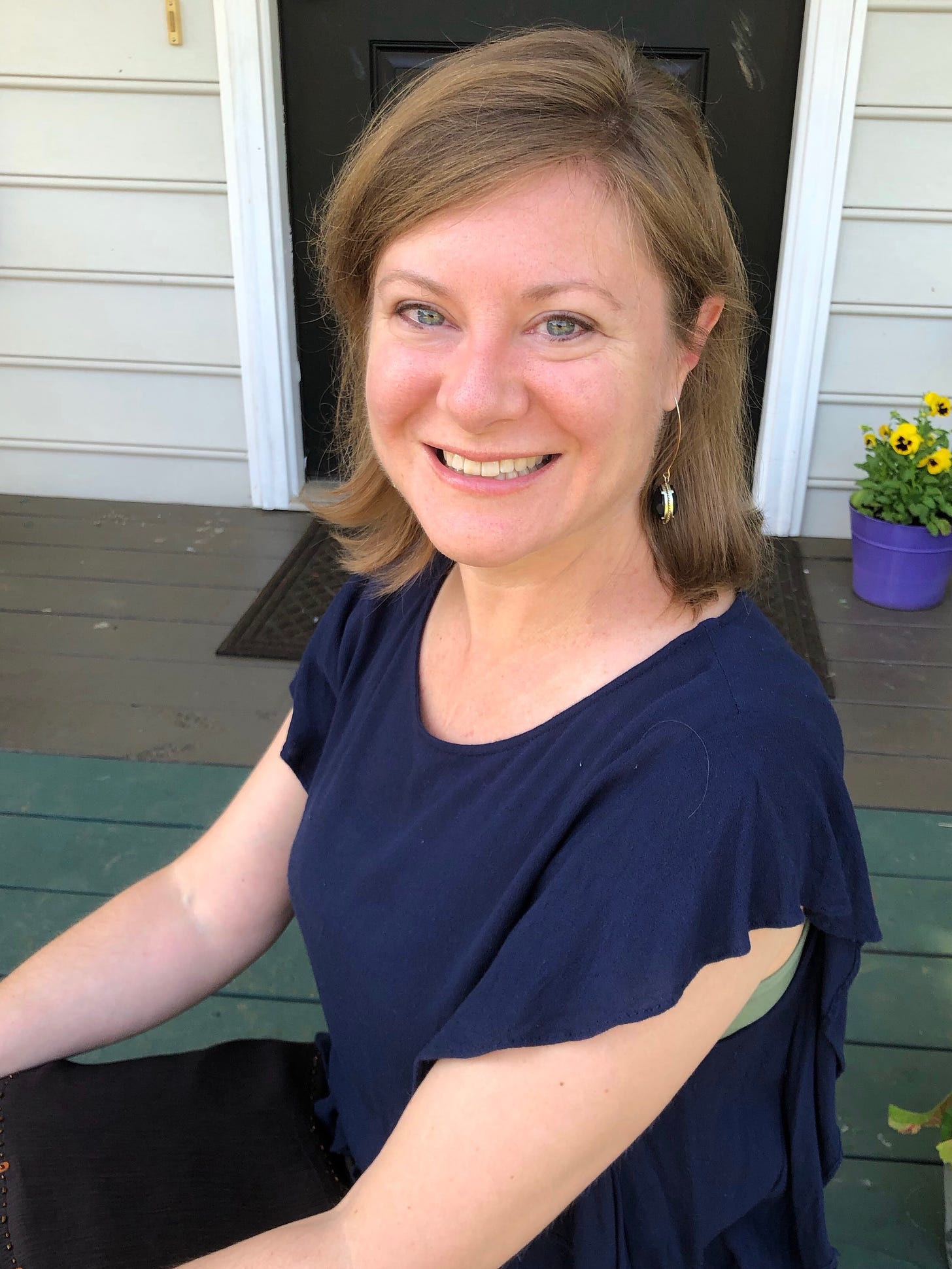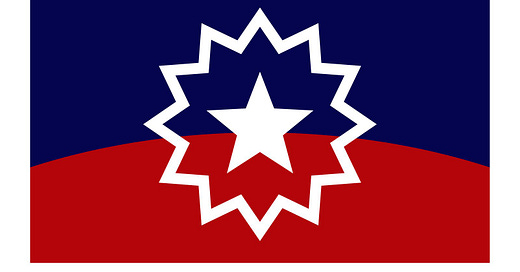Day 1: What Does Juneteenth Mean to You?
“Glory! Glory! Yes, child, the Negroes are free, and when they knew that they were free they, Oh! Baby! Began to sing..."
“Glory! Glory! Yes, child, the Negroes are free, and when they knew that they were free they, Oh! Baby! Began to sing… ‘You are free, you are free’… such rejoicing and shouting, you never heard in your life.”
-Fannie Berry, enslaved person living in Appomattox at the time of Lee’s surrender to Grant
Enslaved Black people in the Lynchburg area didn’t have to wait until June 19th, 1865, to hear news that they were no longer bound. Appomattox, Virginia, is twenty miles from Lynchburg—today, a thirty-minute drive; in 1865, a journey of several hours. When Ulysses S. Grant and Robert E. Lee sat together inside McLean House and agreed to end the war, there were an estimated 4,600 enslaved men, women, and children living in the area, alongside 100 free Black Americans.1
Shaun Spencer, director of the Anne Spencer House and Gardens in Lynchburg’s Pierce Street Renaissance Historic District, says:
“The first time that Juneteenth really hit home for me, was when I was speaking to an elderly Lynchburg resident many years ago and she recalled family history about the day that the people in Appomattox and prospect area heard that they were free. I always think about her on Juneteenth.”
When Spencer says that Juneteenth makes her think of stories handed down not from Galveston on June 19, but from Appomattox on April 9, she draws a direct line between what was and what should have been: the loss of those long two months—71 days—for the enslaved people of Galveston, Texas.
The distance between where our nation has been and where it needs to go is substantial, but today—Juneteenth 2024—we celebrate. We echo, “Glory! Glory!” and sing, “You are free, you are free!”
Tomorrow, we will look at our neighbor and our community, and we will put our feet on the path toward a future where equal means equal. Tomorrow, we will walk into lament for the lost chances and look to the changemakers in our city’s history, who we hope will be a compass for us toward life, and change, and love.
But today, we rejoice and shout and sing in a way to make Fanny Berry proud.
“When we allow freedom to ring—when we let it ring from every city and every hamlet, from every state and every city, we will be able to speed up that day when all of God’s children, black men and white men, Jews and Gentiles, Protestants and Catholics, will be able to join hands and sing in the words of the old Negro spiritual, ‘Free at last, Free at last, Great God almighty, We are free at last.’”2
What does Juneteenth mean to me? Life, Change, and Love seem like pretty good places to start—not to mention a song and a shout.
Your turn: What does Juneteenth mean to you? We’d love to hear your answers in the comments.

Dr. Martin Luther King, Jr., “I Have a Dream”





What Junteenth means to me today is my beginning to listen and see my black brothers and sisters in the image of God while I begin to see my own racism in my heart as well as the systemic injustices in our county today. I am learning to grieve and lament my personal impact and our white churches impact and our countries impact of our sins of racism and injustice. Ezekiel 9:4 strongly spoke to me saying I have not sighed nor groaned over the injustices committed to our black brothers and sisters. I intentionally am choosing now to be in relationship with those in my life and be more in solidarity with the injustices suffered.